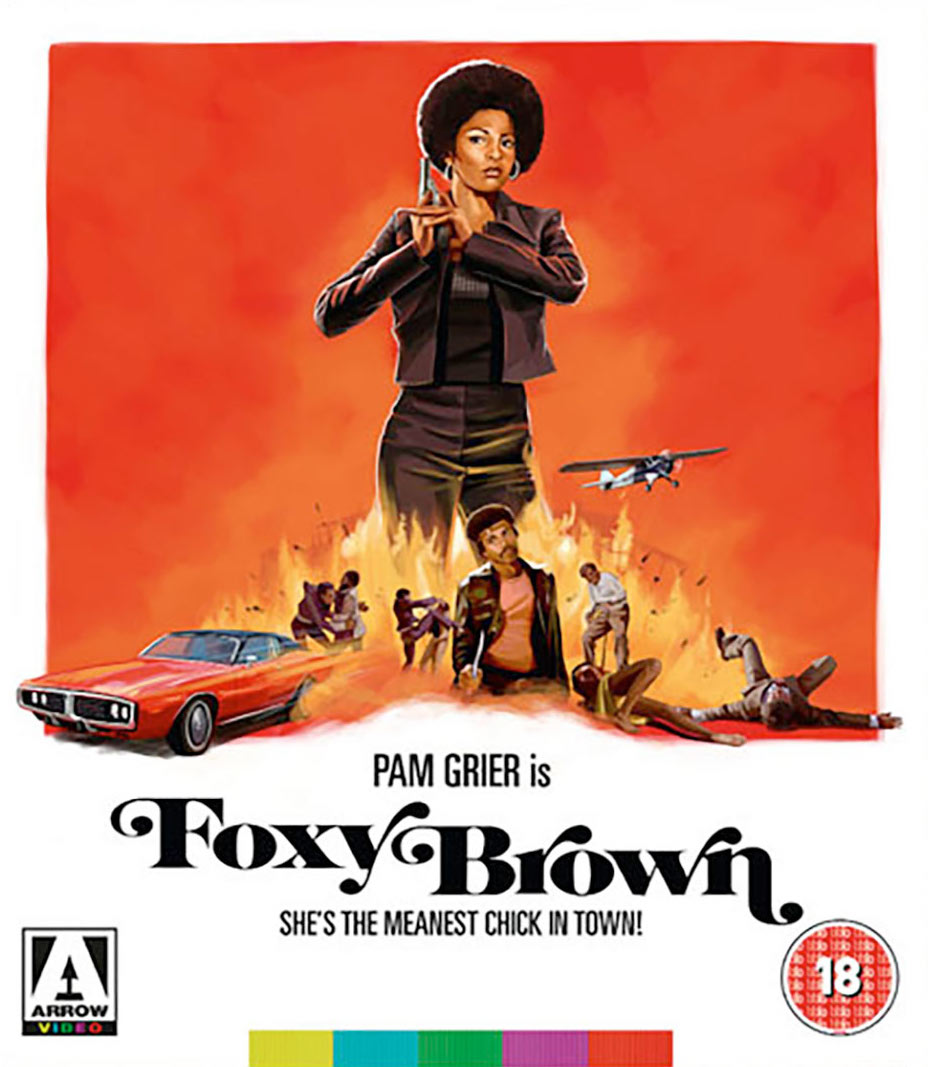
Pre
Before we watch, a brief and hilarious bit from the latest Dave Chappelle, Sticks and Stones, that came to mind when I was thinking about this film. He’s talking to his kids at the dinner table:
“Oh, how is school going, boys?” And my son’s telling me, “Well, we didn’t have school today, technically.” I’m like, “What… What’s going on?” He said, “Well there was, like, a school shooting drill.” I never heard of this. You know what this is? They have drills that they make kids do, uh, where they practice what to do if somebody comes to shoot up their school. I’d never heard of that before. I was like, “What the fuck?”
….
All right. If you’re a parent, this shit is terrifying. This shit is real scary. All the parents is looking at each other crazy, because we know, as parents, that one of us is raising the shooter. We just don’t know which one of us it is. All we know for sure… is that if you’re a white parent, the chances that it’s you… …it’s exponentially higher than the rest of us. Shooting up school is a white kids’ game. It’s fuckin’ crazy.
….
Some scary shit. I’ve given this a lot of thought. I don’t see any peaceful way to disarm America’s whites. There’s only one thing that’s going to save this country from itself. Same thing that always saves this country from itself, and that is African Americans. Right. And I know the question that a lot of y’all have in your minds is, “Should we do it?” Yeah. Fuck yeah, we should do it. Listen, no matter what they say or how they make you feel, remember, this is your country, too. -It is incumbent upon us… to save our country. And you know what we have to do. This is a fuckin’ election year. We gotta be serious. Every able-bodied African American must register …. …. for a legal firearm. That’s the only way they’ll change the law.
Post
While on the surface this film is a ton of fun in the same way as an indulgent 80s flick like Tango and Cash, thinking about it and reacting to it turned out to be really complicated for me. It’s a blaxploitation flick, with race issues, gender issues, socioeconomic issues.
But, my first question after watching was the same question I have asked myself often about Kill Bill – how should I feel about a revenge flick?
On the one hand, the protagonists in both films have both suffered horrible injustices and it is hard not to feel satisfied when they exact vengeance on the perpetrators.
On the other hand, as fun as these revenge flicks are, as fun as it is to see the powerful and exploitative get their comeuppance, the question is whether or not it is good to celebrate vengeance and retributive justice in film.
I wouldn’t want a society and justice system built around these values, and I think as a society we are making progress toward discarding these antiquated ideas as we seek to reform our approach to criminal justice.
So one thing you might do is celebrate more progressive ideas of justice in a film. In an interview with Newsweek following the release of Django Unchained, Quentin Tarantino and Reginald Hudlin react to the way the popular miniseries Roots attemps to do this:
One thing both men agreed on was a scene in Roots that served as an example of what not to do in Django Unchained. The last act of the final episode features the character Chicken George being given the opportunity to beat his slave master and owner in much the same way he’d been punished and tormented. In the end the character chooses not to so he can be “the bigger man.”
….
“Bulls–t,” exclaim both Tarantino and Hudlin in unison as they discuss the absurdity of the scene. “No way he becomes the bigger man at that moment,” says Tarantino. “The powers that be during the ’70s didn’t want to send the message of revenge to African-Americans. They didn’t want to give black people any ideas. But anyone knows that would never happen in that situation. And in Django Unchained we make that clear.”
It’s interesting to me that the argument they’re making is one about realism vs idealism. They’re saying that the idealized reaction just does not make for a believable character and story.
And this got me thinking about the conflict between my views towards the kind of justice we should aspire toward and my love for these kinds of films despite that.
The revenge flicks I enjoy are hyper stylized and absurd. Foxy Brown shares the totally ridiculous treatment of violence you see in Tarantino’s movies. You know you are watching a movie when you watch these movies. They’re self aware, they know you know they are self aware fiction, and they play on this agreement about the fantastic context to do things that you wouldn’t be able to do in a more realistic style.
The key idea, then, is that the revenge response is totally justified on an emotional level, and you can take it to volume 11 and at that level it still wouldn’t settle the debts between the oppressed and the oppressor, and if the most fantastic retribution cannot settle the debt, how could anything?
Nothing could, and I think that is the point.
The stylized ultra-violence of these revenge flicks is both more emotionally real than the idealized narrative and also a reductio ad absurdam for the possibility of retributive justice to make the victim whole.